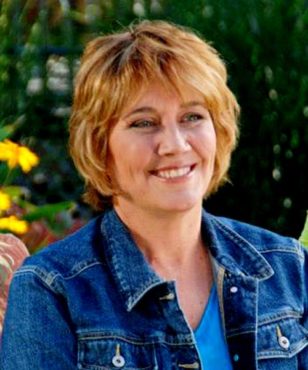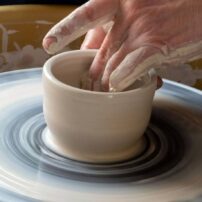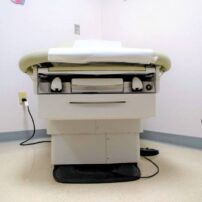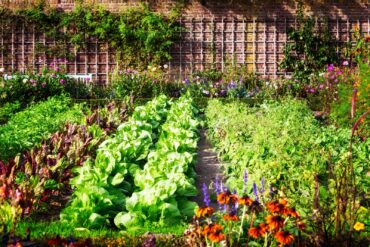 You created your wish list, ordered some or all of the seeds you will need, and they are beginning to arrive. Make the most of your investment with a bit of planning.
You created your wish list, ordered some or all of the seeds you will need, and they are beginning to arrive. Make the most of your investment with a bit of planning.
Starting seeds at the proper time, indoors or directly in the garden, ensures a good start to the growing season. Check the back of the seed packet for planting times and directions. Consult your local Extension Service’s website for more details on the best time to plant in your area.
Organize your seeds by when they need to be started. You can create your own system or invest in one like Gardener’s Supply’s seed envelopes and dividers. This system allows you to organize seeds by type, planting season, color, garden location and more. Use your storage system to keep leftover seeds organized for future plantings. It will also save you money on future seed orders. Just be sure to place the seeds in an airtight container in the refrigerator.
Enter planting dates on your calendar as well. Months pass quickly and it’s easy to miss important planting times. Creating a planting calendar will help you plant seeds at the proper time for the maximum benefit.
Gather seed-starting equipment and supplies if starting seeds indoors. You will need a quality seed-starting or potting mix and clean containers.
Use yogurt and other small food containers for starting seeds. Drill holes in the bottom and clean them before planting. Avoid disease problems by sanitizing old plant containers. Soak them in a one-part bleach and nine-parts water solution for ten minutes. Then rinse in clear water before filling with planting mix.
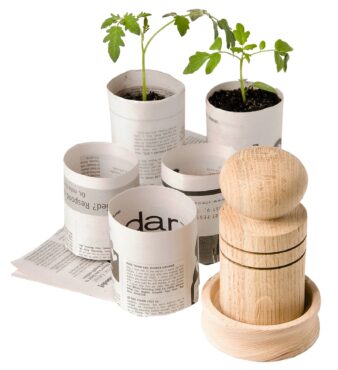
Or try one of the new plastic-free, environmentally friendly seed starting options. Use a paper pot maker to convert newspaper into biodegradable plant pots. Consider cow pots made of composted manure that provide nutrients in a biodegradable pot. You can leave your seedlings in these containers when moving them into the garden.
Create your own pot-free seed starter with Gardener’s Supply soil blocker. It presses moist potting mix into blocks that hold their shape. The blocks can be moved directly into the garden, reducing transplant shock.
Follow the directions on the seed packets for depth and care. Most seeds prefer warm conditions but don’t need light to sprout. Keep the planting mix moist. Cover the containers with a sheet of plastic to conserve moisture and extend the time between watering.
Once you see any green, it’s time to move the seedlings into bright light or under artificial lights. Keep the lights on for no more than 14 to 16 hours and 4 to 6 inches above the top of the plants for best results.
Once your plants are actively growing, you can begin fertilizing if needed. Check the planting mix to see if a fertilizer has been added and how long it will be effective before adding more. Follow the label directions on the fertilizer you select.
Share the fun and workload with friends and family. Perhaps you will start tomatoes for everyone, another person handles the peppers and yet another person the eggplants. Or just share extra seeds since each packet usually contains more than most gardeners have space to grow.



